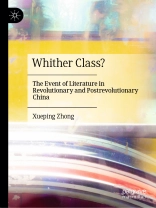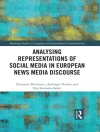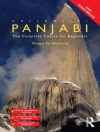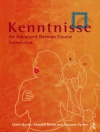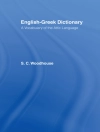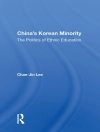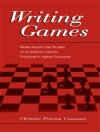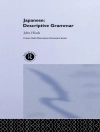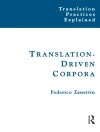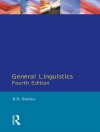This book argues that the revolutionary, anti-revolutionary, counter-revolutionary, and post-revolutionary dialectics in modern Chinese history since the early-20th century characterizes modern and contemporary Chinese literature the most. Central to these dialectics are issues of class. The book contends that one cannot fully understand modern and contemporary Chinese literature without understanding the class character of Chinese revolutionary and counter-revolutionary struggles, including literary practices and their various contradictions. Considering literature via the notion of “the event” and focusing on three specific historical junctures, this project explores how, as a major cultural form, literature has played an outsize role in China’s struggle for liberation and quest for modernity. It highlights the need to understand class and the extent to which it shapes literary and artistic forms and expressions as well as the on-going debates over the relationship between politics and aesthetics.
Tabla de materias
1. Introduction.- Part I. Quest for Revolutionary Modernity: Literature, Class, and the Challenges in the Making of a New People, 1910s-1940s.- 2. “National Character, ” the Question of Class, and Lu Xun’s Fiction.- 3. Pen as Javelin: Zawen and Lu Xun’s Language of Class.- 4. From “Slumbering Masses” to “Revolutionary Masses:” Challenges in the Making of Revolutionary Literature.- Part II. Shifting Class Implications: Literature, Return of the ‘Repressed, ‘ and the Question of ‘the People, ‘ late 1970s and early 1980s.- 5. Debating Chinese Revolutionary Literature: From Cold War to the Age of Postrevolution.- 6. The Event of “New Era Literature” and Shifting Class Implications.- 7. Gender-Class Dialectics in the Rise of “New Era” Women’s Writing and the Return of Ding Ling.- Part III. Into the 21st Century: Literature, Tensions in the Language of Class, and the Rise of Postrevolutionary Working-Class Writing.- 8. Debating Soft Burial: Tensions in the Language of Class in 21st-Century Postrevolutionary China.- 9. Wen Cangmang: A 21st-Century Asking .- 10. Migrant Workers’ Literature, New Workers’ Culture, and the Question of Class Consciousness in the Age of Postrevolution.
Sobre el autor
Xueping Zhong is Professor of Chinese Literature and Culture in the Department of International Literary and Cultural Studies, Tufts University.
